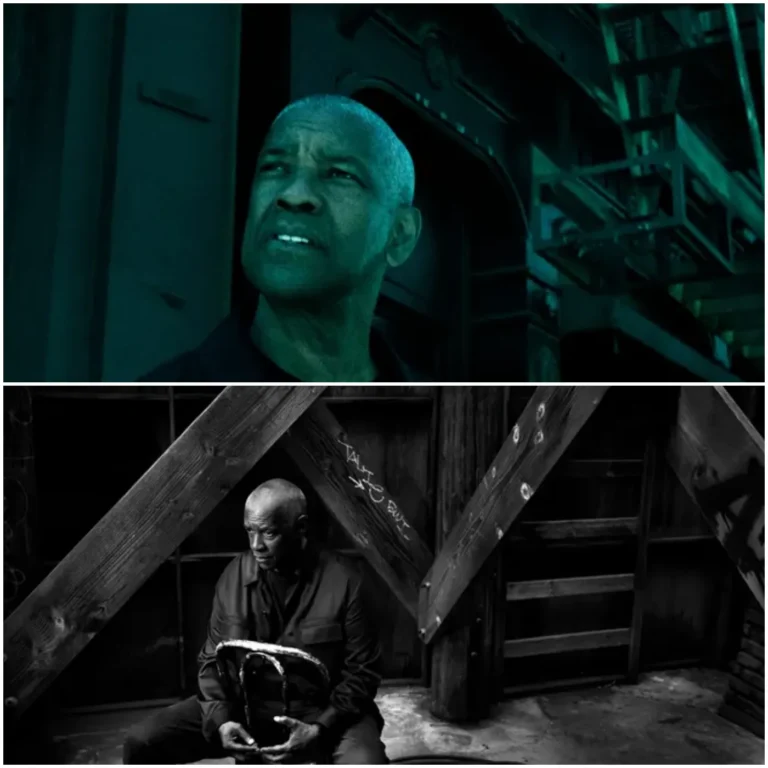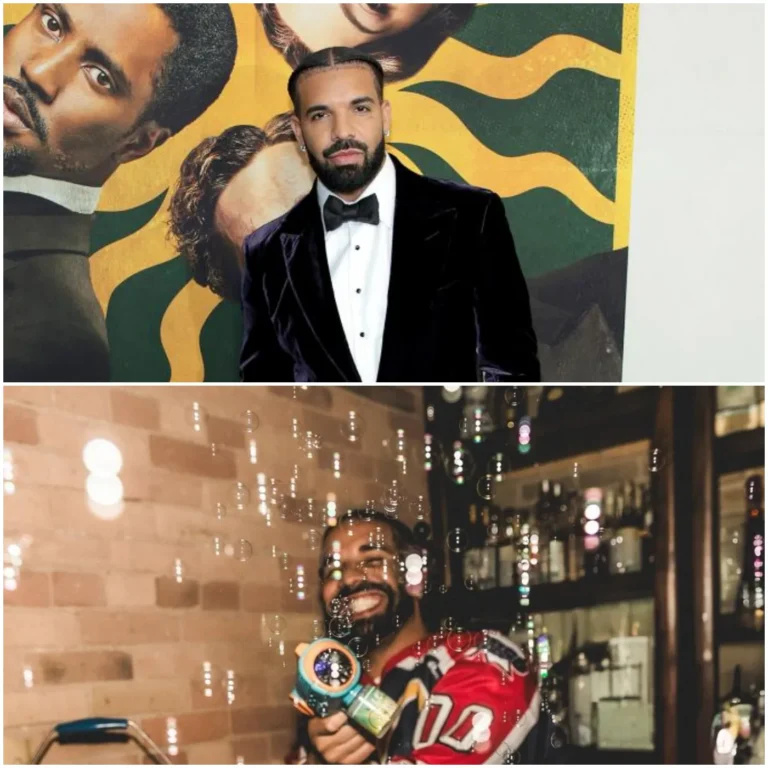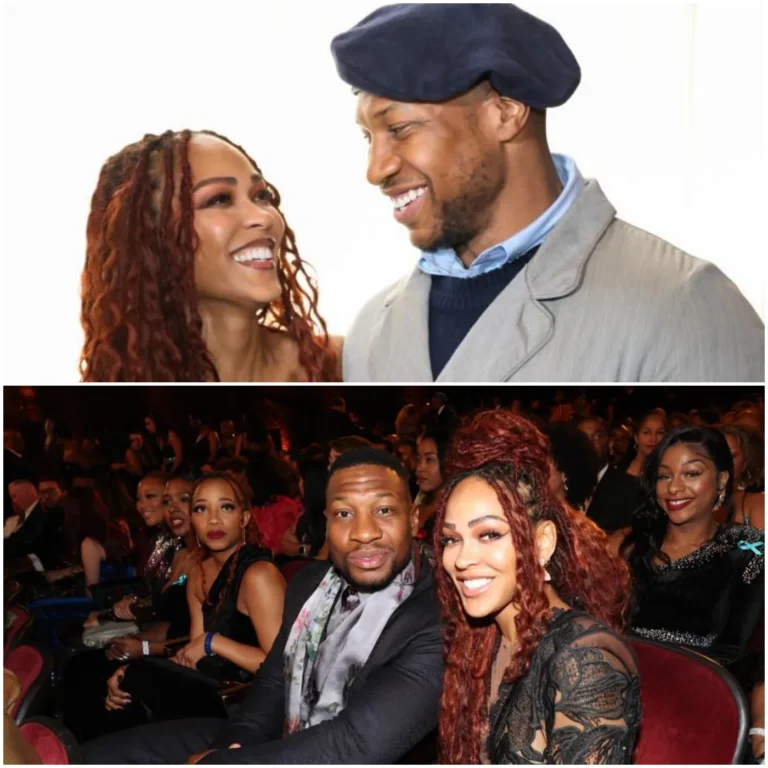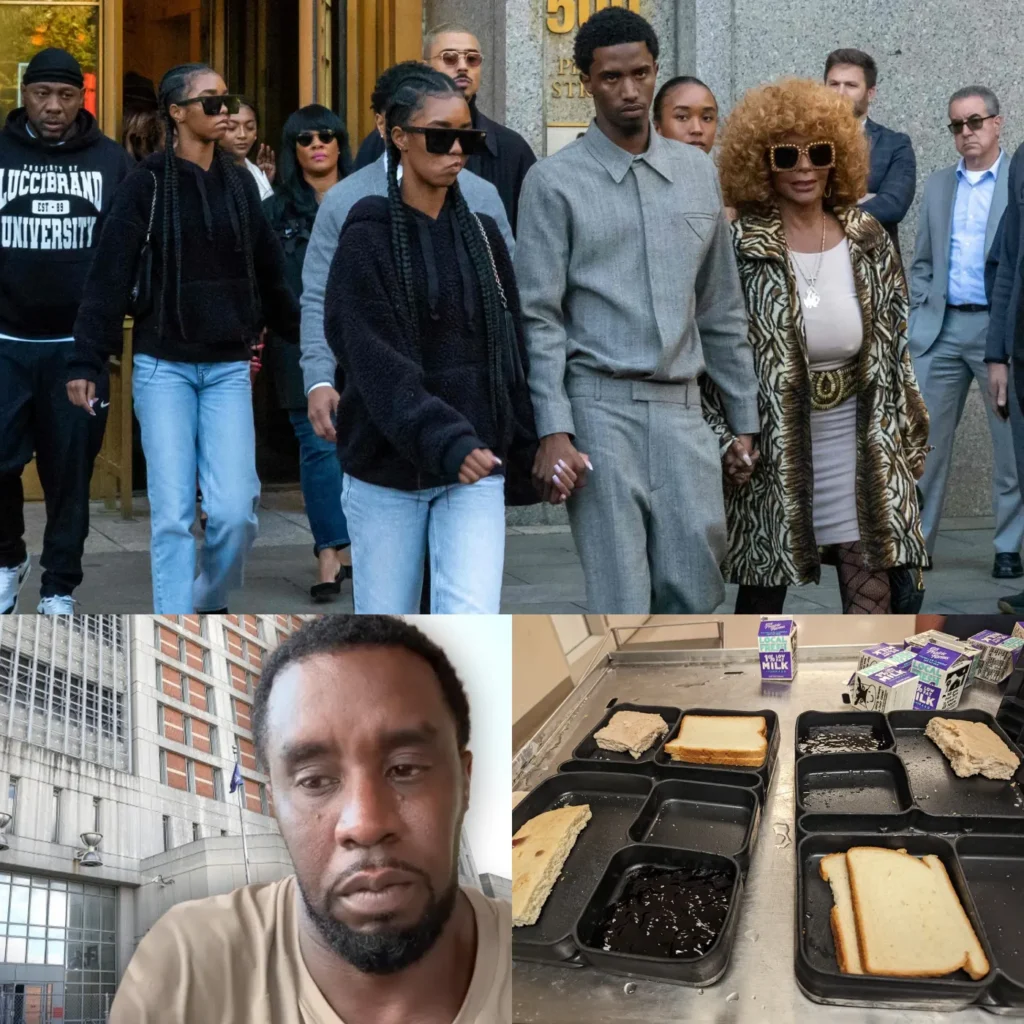
In a move that’s bound to spark controversy, Sean “Diddy” Combs has made a bold stand against the conditions he’s facing in his ongoing legal battle. Diddy, the mogul behind Bad Boy Records, is demanding to appear in court unshackled—specifically, without ankle cuffs. His legal team has filed a petition asking the court to remove the restraints during future hearings, which they argue serve no legitimate purpose other than to dehumanize their client and prejudice the jury.
The Legal Drama Behind the Scene
This legal wrangling comes at a time when Diddy is facing more serious accusations. According to documents filed on November 15, prosecutors have accused Diddy of breaking jailhouse rules, allegedly communicating with the jury through unauthorized text messages, and even directing family members—specifically his children—to manipulate public opinion and pressure the jury. These accusations have added fuel to the fire of Diddy’s already contentious legal situation.
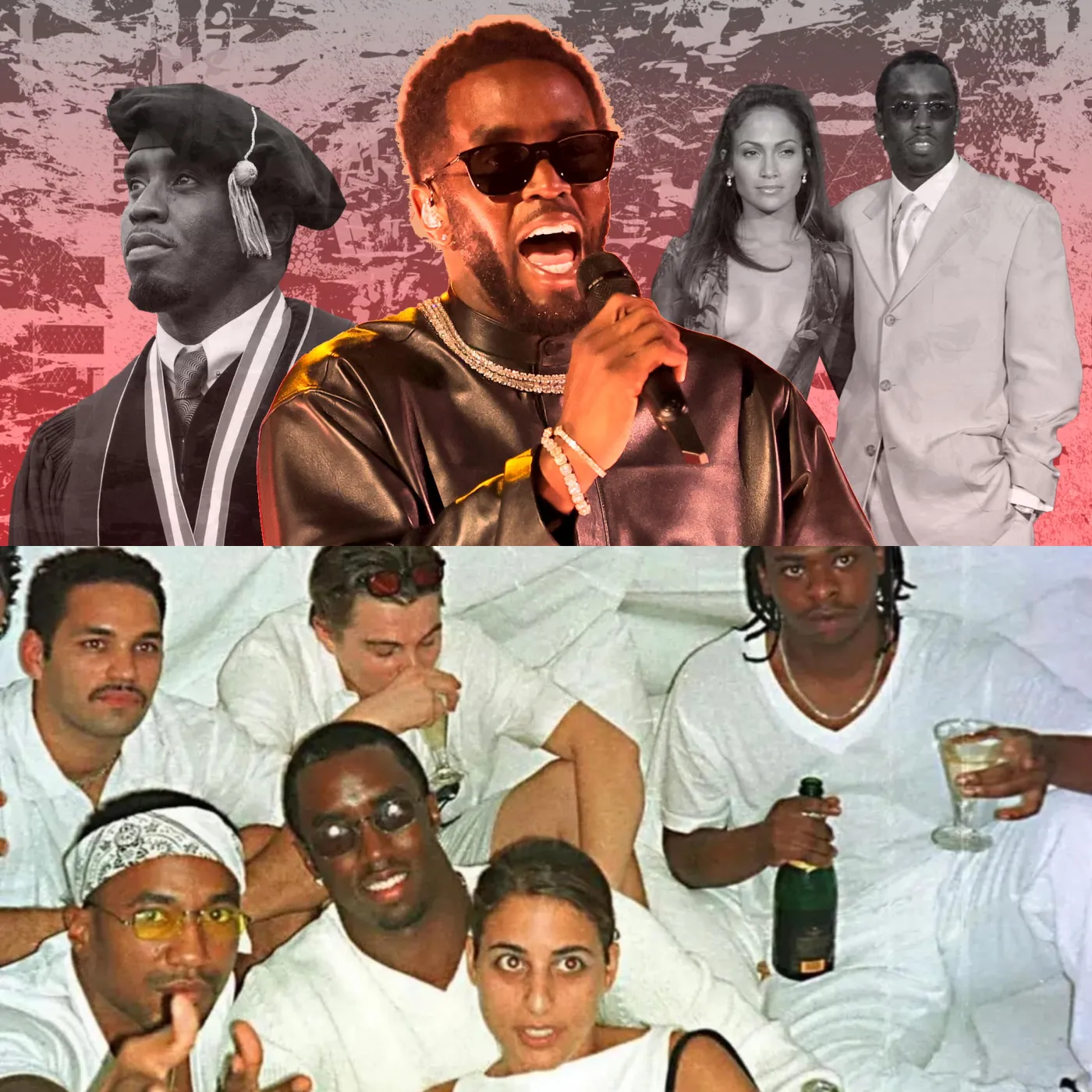
Diddy’s alleged attempts to influence the jury have set off alarm bells in the prosecution’s camp. They claim he’s using his influence to manipulate the legal process, with some even suggesting he’s trying to tamper with witnesses, including potential victims. Amid these explosive allegations, the rapper’s legal team has not backed down. Instead, they’ve doubled down on the argument that shackling Diddy in court is an inappropriate and inflammatory act. But the big question is: Does Diddy’s legal battle deserve this level of attention?
The Drama Deepens: Is This Really About Fairness?
It’s easy to view this as yet another example of a celebrity flexing their power to control their narrative, but this could be much deeper than that. Diddy’s fight against shackles is a striking metaphor for a life spent under the microscope, where everything from a court appearance to the smallest gesture is scrutinized, often unfairly.
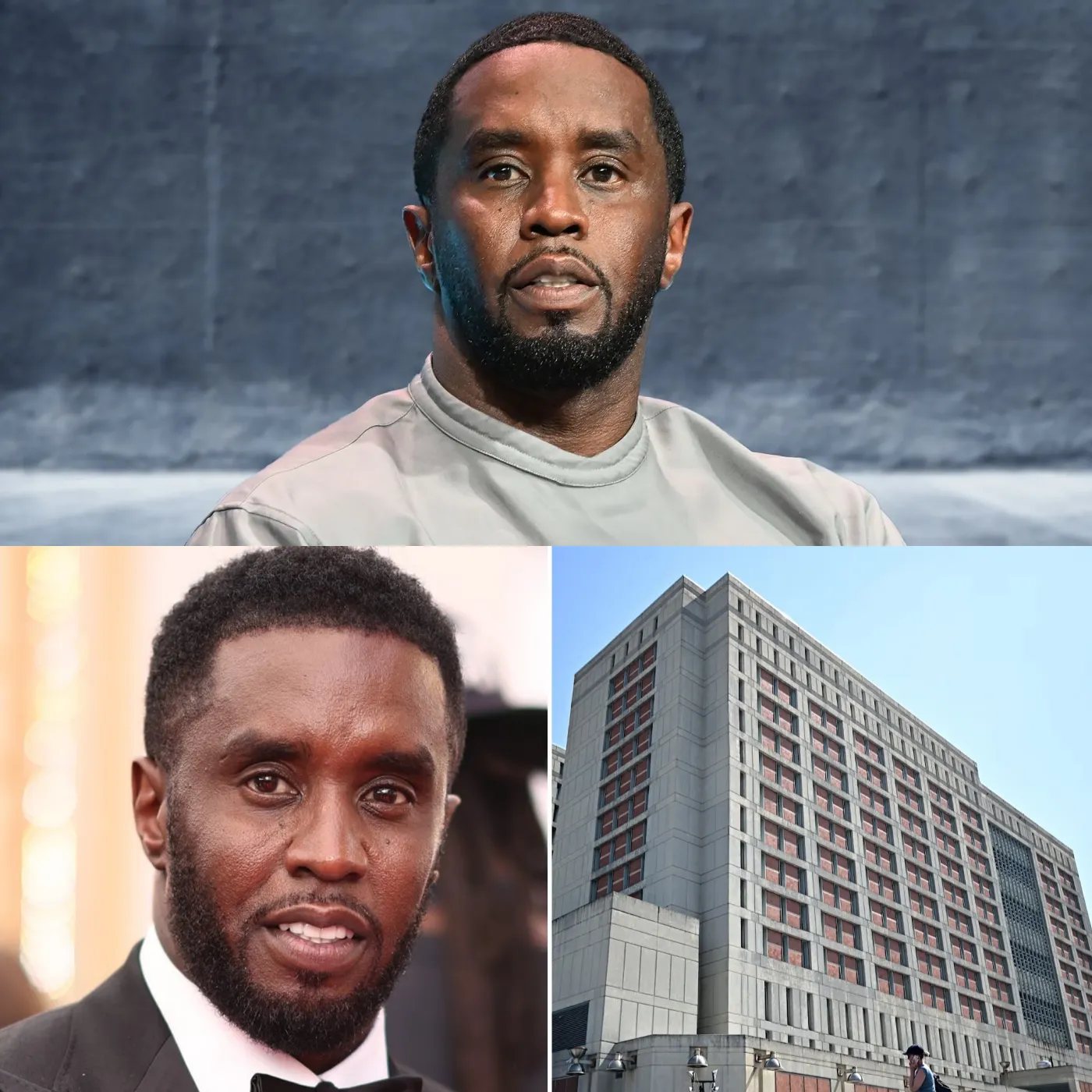
Some might argue that, as a high-profile figure, Diddy should expect to face the consequences of his actions—including being shackled during court appearances. After all, shackling is a standard procedure for many defendants. But when it’s a person like Diddy, with decades of public influence and a reputation as a cultural icon, can we truly say that the shackles aren’t an act of public degradation?
It’s hard to ignore the psychological toll such visual punishment could have, not only on Diddy but also on the perception of Black wealth and power in the criminal justice system. Is this just another form of control? Another way of reminding him—and all of us—that no matter how rich or famous you are, the system can still break you down?
Diddy’s Stand: A Victory or Just a Tactic?
Whether or not Diddy’s demand to be unshackled will be granted, this court battle is far from over. The shackling incident could be just another chapter in his ongoing saga, or it could be the moment that changes the way celebrities are treated in courtrooms forever. Will this mark a pivotal point in the ongoing battle between the system and the stars? Or is Diddy simply playing the game, hoping that public sympathy will shift in his favor?
The question now is: Who benefits from the shackles? Is this a legal decision, or is it part of a larger spectacle meant to draw attention to the ongoing drama surrounding one of hip-hop’s most iconic figures? With public opinion swaying, we’re left to wonder whether this is a battle for justice or just another form of media manipulation. One thing’s for sure—Diddy’s fight against shackling will be debated for years to come, leaving the courtroom and the public to decide if this is truly a matter of fairness or a tactical move in a much larger game.
